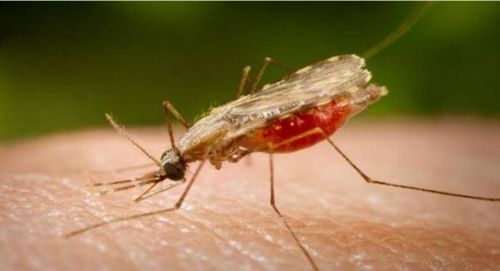
26/10/2017
New Findings on Malaria Thanks to ALBA Synchrotron
New Findings on Malaria Thanks to ALBA Synchrotron
An international team has unravelled details never described before about how the malaria parasite acts after invading the red blood cells. This highlight has been possible thanks to two advanced microscope techniques combination: X-ray fluorescence microscopy and soft X-rays tomography, this one conducted in ALBA Synchrotron (MISTRAL beam line).
Infected red blood cells image analysis offer new information that could yield new drugs design against malaria, an illness that claims over 400.000 lives each year.
The study comes about thanks to the cooperation between international research centres: the Niels Bohr Institute from University of Copenhagen, Helmholtz Research Center from Berlin, Paul Scherrer Institute from Switzerland, Weizmann Institute of Science from Israel, and ALBA Synchrotron, BESSY-II, the Swiss Light Source and the European synchrotron ESRF in France.
Congratulations!
More information: ALBA’s press release
Infected red blood cells image analysis offer new information that could yield new drugs design against malaria, an illness that claims over 400.000 lives each year.
The study comes about thanks to the cooperation between international research centres: the Niels Bohr Institute from University of Copenhagen, Helmholtz Research Center from Berlin, Paul Scherrer Institute from Switzerland, Weizmann Institute of Science from Israel, and ALBA Synchrotron, BESSY-II, the Swiss Light Source and the European synchrotron ESRF in France.
Congratulations!
More information: ALBA’s press release
More news
08/02/2018
ERC Grants & the Catalan Research System: a Success Story
01/02/2018
The best of the Bioregion of Catalonia in 2017
25/01/2018
Barcelona, a business friendly capital
18/01/2018
When Ideas Generated at the UAB make cows happy
11/01/2018
2017, the Year When Stradivarius settled Down In the Barcelona Synchrotron Park
21/12/2017
Barcelona Supercomputing Center: Beautiful, Powerful And European









